Blog

10 Financial Planning Dos and Don’ts for Building a Secure Financial Future
To many, the term “financial planning” can feel overwhelming - evoking a sense of uncertainty and fear that can paralyze them into inaction. The good news: it doesn’t have to feel that way! Whether you’re just starting out, or refining your current strategy, having a solid plan in place is they key to setting yourself up for long-term success.
Remember: small, consistent actions that build momentum over time.
In this guide, we’ll break down 10 financial planning dos and don’ts - helping you avoid common pitfalls while focusing on smart money habits that can lead to lasting financial confidence.

Inherited IRA Rules for Spouses: Should You Roll It Over or Keep It?
Losing a spouse is an emotionally challenging experience. On top of grief, you have financial decisions to make. If you have inherited an IRA from your spouse, you have options to consider that can impact your financial future. Understanding when to opt for an inherited IRA versus rolling it into your own IRA can help you make the best decision for your circumstances while maximizing tax efficiency.

Breaking Down IRAs, Roth IRAs, 401(k)s, and Roth 401(k)s – What’s the Deal?
If you’ve ever felt your eyes glaze over when people start talking about retirement accounts, you’re not alone. But understanding the differences between these options can really help you make smarter decisions for your future. So, grab your preferred beverage, kick back, and let’s make sense of IRAs, Roth IRAs, 401(k)s, and Roth 401(k)s - in plain English!

How to Get Organized and Prioritize When You Have Competing Financial Goals
Meet Lisa, a successful 51-year-old marketing executive and mother of two teenagers. From the outside, it looks like she’s managing it all well - her career, her family, and her finances. But behind the scenes, Lisa is feeling the pressure of competing financial priorities.

What It Really Means to Pay Yourself First
You've likely heard the statement "pay yourself first" before.
But what does it actually mean to pay yourself first? In short: it means saving for the future so that you can live a life of financial independence that you someday hope to achieve.

Talking to Your Family About Long-Term Care: A Guide to Start the Conversation
Planning for long-term care is one of the most challenging yet essential conversations families can have. As we age, the reality of needing assistance with daily living becomes more likely, and the costs associated with long-term care can be substantial. Despite its importance, many families put off discussing these plans until it’s too late, which can lead to stress and financial strain.

Sequence of Returns: Why Timing Matters in Retirement Planning
When planning for retirement, most people focus on how much they need to save, the rate of return they might expect, and how much they’ll have once they retire. However, like descending a mountain after a climb, withdrawing money in retirement requires an entirely different set of skills and presents an entirely new set of perils to be aware of, especially sequence of returns. This concept can significantly impact how long your retirement nest egg lasts, especially when you start withdrawing money.

Family Wealth Management: What It Is, Why It Matters, and How a Financial Planning Team Can Help
Family wealth management involves creating a comprehensive financial plan that incorporates all aspects of your family’s financial life, including investment management, estate planning, retirement savings, tax strategies, and more. It’s a holistic approach to managing and growing family assets while considering the unique dynamics of family relationships and long-term goals.

Retiring with Debt: What You Need to Know
Retirement is often seen as a time of relaxation and financial freedom, but for many, carrying debt into retirement is becoming increasingly common. The question is: is it good or bad to retire with debt? And how many people are actually doing it? In this blog post, we’ll explore the implications of retiring with debt, the types of debt most retirees carry, and strategies for managing it effectively.

A Comprehensive Guide to Disability Insurance for New Physicians
As a new physician, you've spent years in medical school, completed your residency, and now you're ready to begin your professional career. Along with that hard-earned paycheck, though, comes the need to protect your future income. One of the most critical, yet often overlooked, ways to safeguard your financial well-being is through disability insurance. This guide will provide an in-depth look at what disability insurance is, why it’s essential for physicians, and how to choose the right policy for your needs.

Value Investing Secrets: How to Find Stock Market Bargains Like Warren Buffett
Bargain hunting for physical goods isn’t all that different from bargain hunting in the stock market. In fact, finding undervalued stocks is how the most successful investors, like Warren Buffett and John Templeton, have made millions – even billions.

Should You Select a Target Date Fund or Mutual Funds in Your 401(k)?
Choosing the right investment strategy for your 401(k) is a crucial decision that can significantly impact your retirement savings. Two popular options are Target Date Funds (TDFs) and Mutual Funds. Each has its unique advantages and disadvantages. In this blog post, we'll explore the pros and cons of both to help you make an informed decision.




Building Your Retirement Plan in 4 E.A.S.I. Steps
When it comes to retirement planning, it can be difficult to know where to begin. Many people avoid retirement planning because they are afraid to see that they aren’t on track or are worried about making mistakes in the process. Fortunately, there’s hope - even for the novice investor or person who’s just not good with numbers.

Why So Many People Avoid Expense Tracking (And What They Should Do About It)
Does the word “budgeting” make you cringe? This blog post might be for you.

Three Ways You Already Pay for Financial Advice (That You Might Not Even Be Getting)
You may be paying for financial advice and not even receiving it. If you have investments or insurance anywhere, you're paying someone. Just how much you're paying can vary. Let's explore some ways in which you might be paying for advice without transparency.

6 Common Investing Pitfalls - And How To Avoid Them
Investing is a great way to build wealth, but it can also be risky if you don't know what you're doing. There are many pitfalls to avoid when investing, and making the wrong decisions can cost you a lot of money. Here are 6 of the most common investing pitfalls we see, and some ideas on how you can avoid them.

6 Behavioral Finance Pitfalls To Be Aware Of
The painful truth is that we’re not always rational when it comes to money and investing, and that our biases and emotions can lead us astray. If you’re working a saving toward your long-term goals, it’s helpful to be aware of certain behavioral finance pitfalls.

